Discover the Women of the Hall
These are the Inductees of the National Women’s Hall of Fame. Select any of the women to discover their stories and learn how they have influenced other women and this country.
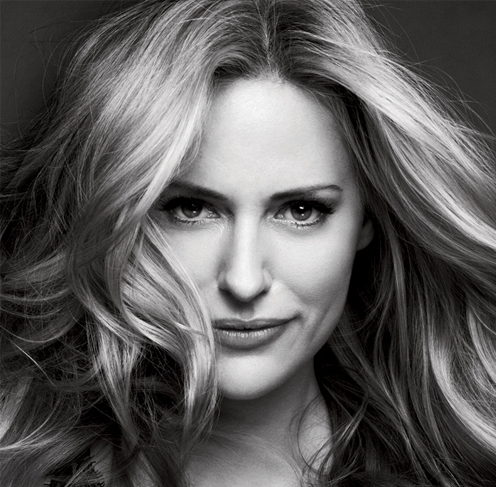 Aimée Mullins
Arts, Athletics, Humanities, Philanthropy
1976
Pennsylvania
2017
Aimée Mullins
Arts, Athletics, Humanities, Philanthropy
1976
Pennsylvania
2017

Aimée Mullins
She is a world record holding athlete, ground-breaking high fashion model, beacon for design tech, dedicated advocate, and avant-garde actor. She conceived of, and was the first to wear and compete in, prostheses modeled after the hind legs of a cheetah – now the international standard for amputee runners.
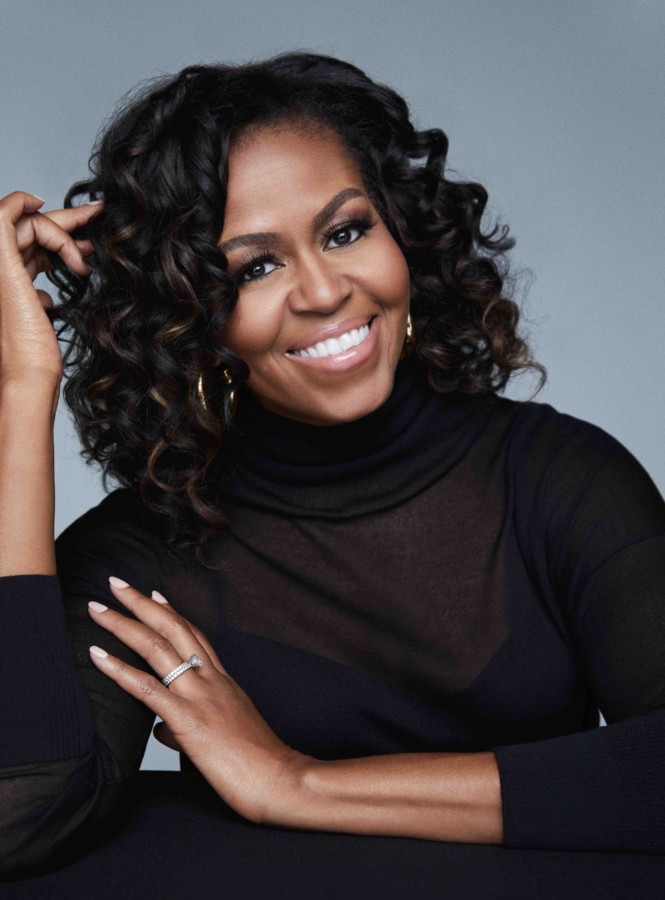 Michelle Obama
Arts, Humanities
1964
Illinois
2021
Michelle Obama
Arts, Humanities
1964
Illinois
2021

Michelle Obama
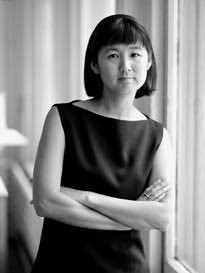 Maya Y. Lin
Arts
1959
Ohio
2005
Maya Y. Lin
Arts
1959
Ohio
2005

Maya Y. Lin
Lin, an architectural designer who gained fame at the age of 21 as creator of the Vietnam Veteran’s Memorial, is a Chinese-American who draws on a variety of culturally diverse sources for her inspiration. Some of her well-known works include the Civil Rights Memorial at the Southern Poverty Law Center in Montgomery, AL and The Wave Field at the University of Michigan.
 Oprah Winfrey
Arts, Business, Philanthropy
1954
Mississippi
1994
Oprah Winfrey
Arts, Business, Philanthropy
1954
Mississippi
1994

Oprah Winfrey
The first Black woman to own her own television production company and who became television’s highest-paid entertainer. She is an advocate for ending child abuse, and she contributes generously to colleges and universities.
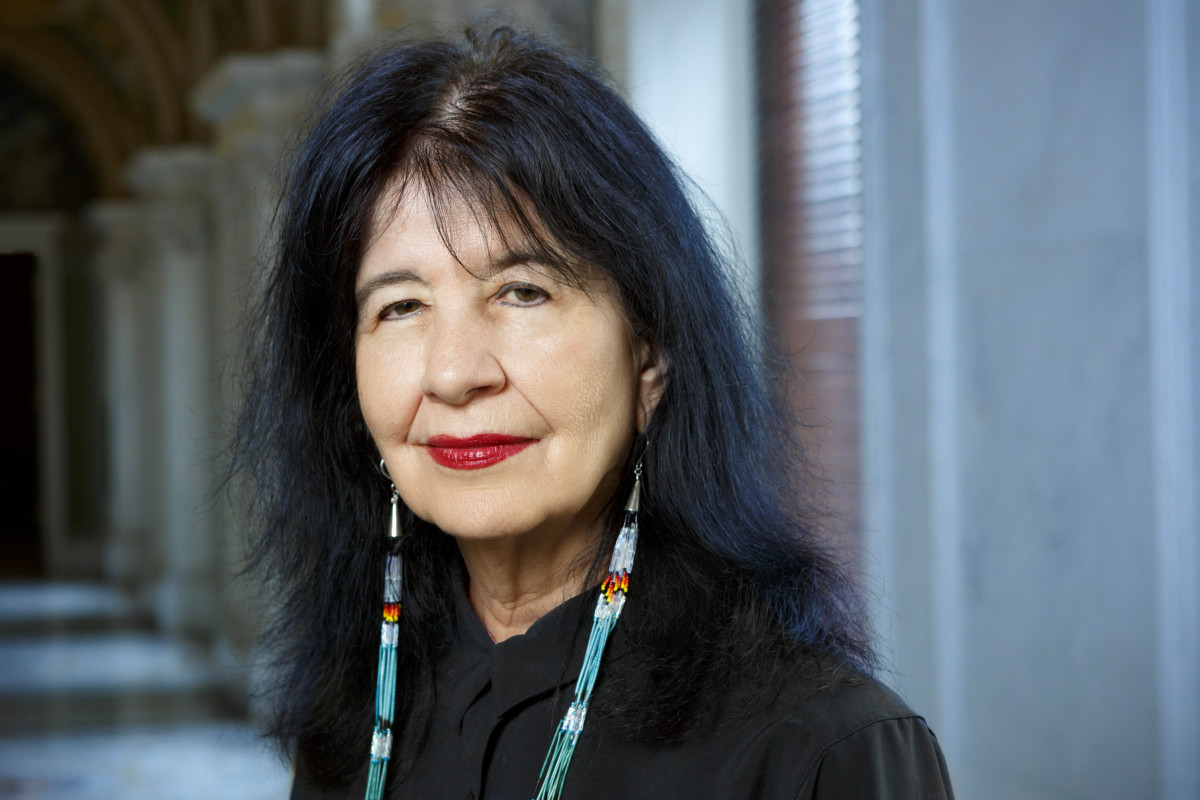 Joy Harjo
Arts
1951
Oklahoma
2021
Joy Harjo
Arts
1951
Oklahoma
2021

 Octavia E. Butler
Arts
1947
California
2021
Octavia E. Butler
Arts
1947
California
2021

Octavia E. Butler
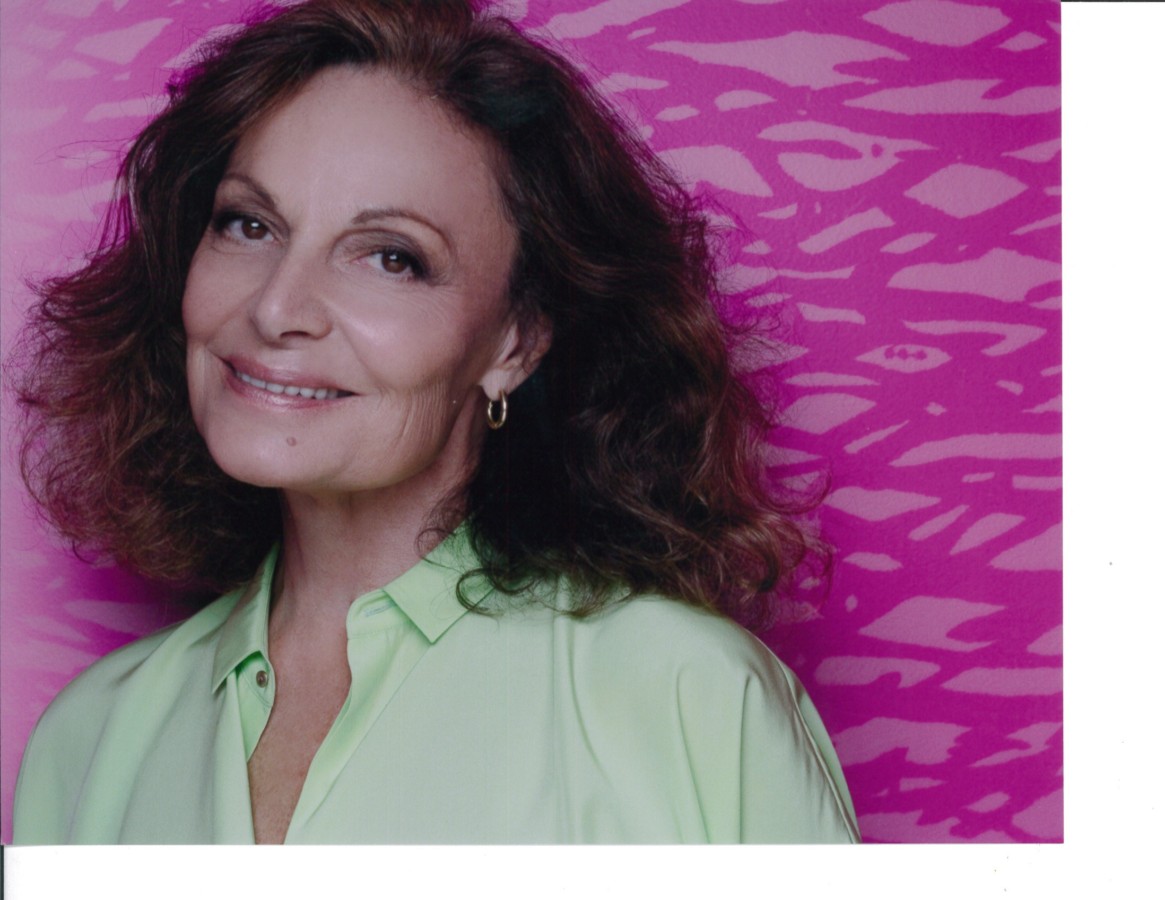 Diane von Furstenberg
Arts, Business
1946
2019
Diane von Furstenberg
Arts, Business
1946
2019

Diane von Furstenberg
Diane von Furstenberg is a fashion designer, philanthropist, and Founder and Chairman of the company that bears her name. In 1974, she debuted her iconic wrap dress, which became a symbol of power and independence for women all over the world and grew into a global brand. She acted as President of the CFDA from 2006 to 2015, and served as its Chairwoman from 2015 to 2019. In 2010, she established the DVF Awards to honor extraordinary women. Her memoir, The Woman I Wanted To Be, was published in 2014 and has been translated into six languages. In 2015, she was named one of TIME’s 100 Most Influential People. In 2018, she received the CFDA Swarovski Award for Positive Change. She currently serves on the boards of CFDA, Vital Voices, the Statue of Liberty–Ellis Island Foundation, The Shed, and the Academy Museum of Motion Pictures.
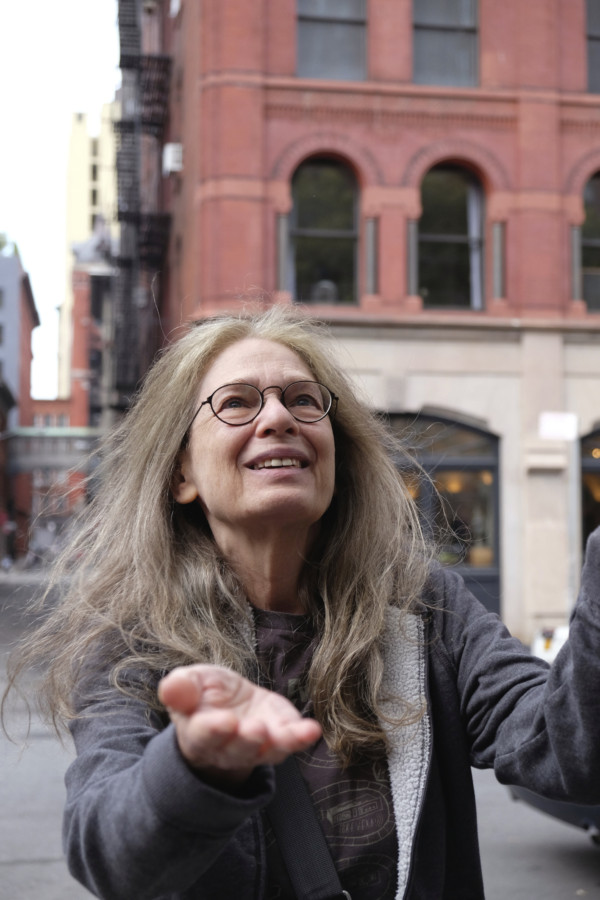 Laurie Spiegel
Arts
1945
2019
Laurie Spiegel
Arts
1945
2019

Laurie Spiegel
A composer whose work appears on NASA’s “Golden Record,” (shipped out on the Voyager spacecraft) Laurie Spiegel is known worldwide for her pioneering work with early electronic and computer music systems. A cutting-edge thinker, her experience with early analogue electronic music systems led Spiegel to innovate musically and instrumentally. She has focused largely on interactive software that uses algorithmic logic as a supplement to human abilities, thereby expanding access to creative expression for a far greater number of people than was previously allowed through traditional methods of musical training. The aesthetics of musical structure and cognitive processes have also been a focus of Spiegel’s work. Spiegel’s work has been re-issued, having appeared in the popular Hunger Games movies, highlighted in the 2018 BBC Proms, and featured in various museum settings where the intersection of electronic music compositions, the machines and software used to create those compositions, and the visual arts have come together in harmony.
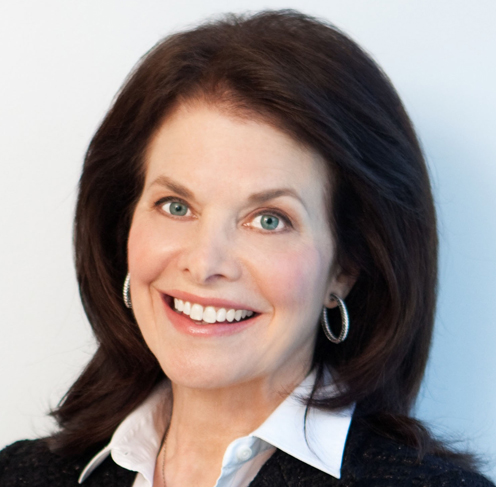 Sherry Lansing
Arts, Business, Humanities, Philanthropy
1944
Illinois
2017
Sherry Lansing
Arts, Business, Humanities, Philanthropy
1944
Illinois
2017

Sherry Lansing
A trailblazer, visionary leader and creative filmmaker. She was involved in the production, marketing and distribution of more than 200 films and the first woman to head a major film studio.
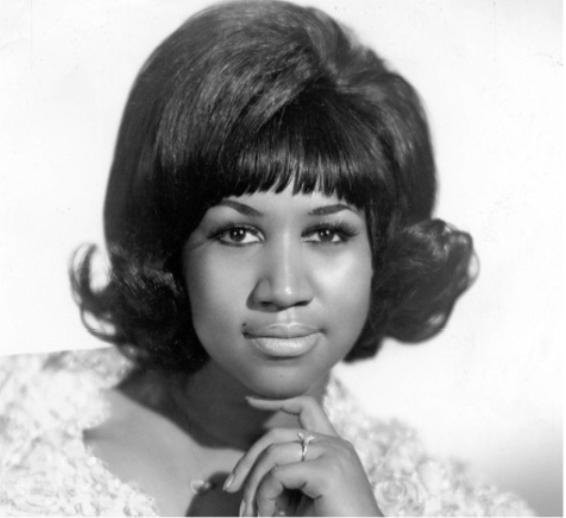 Aretha Franklin
Arts
1942
2020
Aretha Franklin
Arts
1942
2020

Aretha Franklin
A singer, songwriter, pianist, actress, and civil rights activist. Her multi-octave vocal range moved millions of people around the world during an expansive career that spanned six decades.
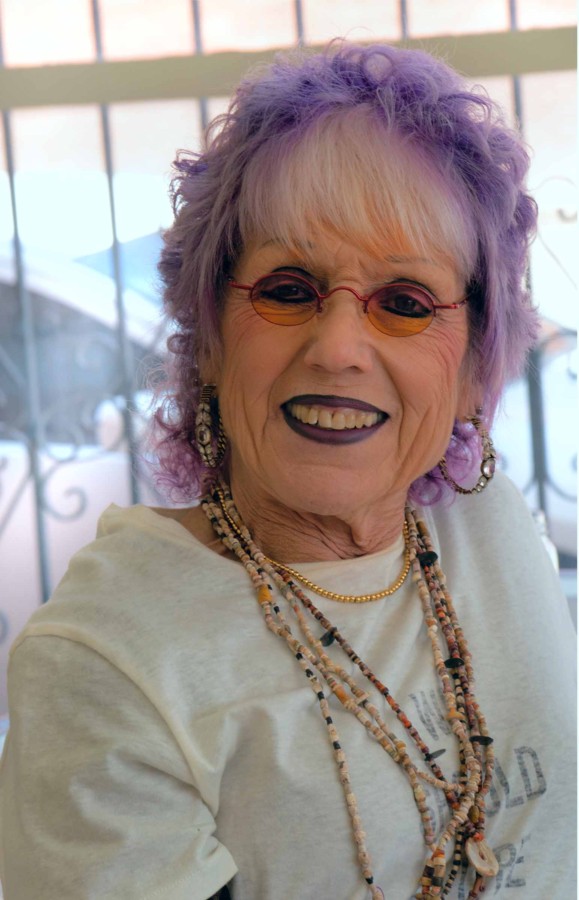 Judy Chicago
Arts
1939
Illinois
2021
Judy Chicago
Arts
1939
Illinois
2021

Judy Chicago
 Jane Fonda
Arts, Government, Humanities
1937
2019
Jane Fonda
Arts, Government, Humanities
1937
2019

Jane Fonda
A two-time Academy Award winning actress (Best Actress in 1971 for Klute and in 1978 for Coming Home), activist, businesswoman, author, producer for film and television and philanthropist, Jane Fonda has revolutionized how we see things from the screen to fitness to representations of women and girls in the media. From the counterculture of the 1960s to today’s feminism, Native American rights and environmentalism; from Kluteto 9 to 5 to Grace and Frankie: Fonda has been a visionary and powerful influencer. Through the Jane Fonda Foundation and the Fonda Family Foundation, Fonda funds causes related toyouth and education, adolescent reproductive health, the environment, human services, and the arts. In 2005, together with Robin Morgan and Gloria Steinem, she co-founded the Women’s Media Center, an organization that works to increase the visibility and power of women in media. Fonda serves on the board of the organization. She is the recipient of many honors and awards, including two Academy Awards, two BAFTAs, four Golden Globes, a Primetime Emmy Award, the AFI Life Achievement Award, and the Honorary Golden Lion. In 2007, Fonda received an Honorary Palme d’Or from the Cannes Film Festival, making her one of three people to ever be granted this honor until then. She was also recognized with a Tony Award nomination for her role on Broadway in Moisés Kaufman’s 33 Variations. In 2018, a documentary following Fonda’s remarkable journey, Jane Fonda in Five Acts, was released.
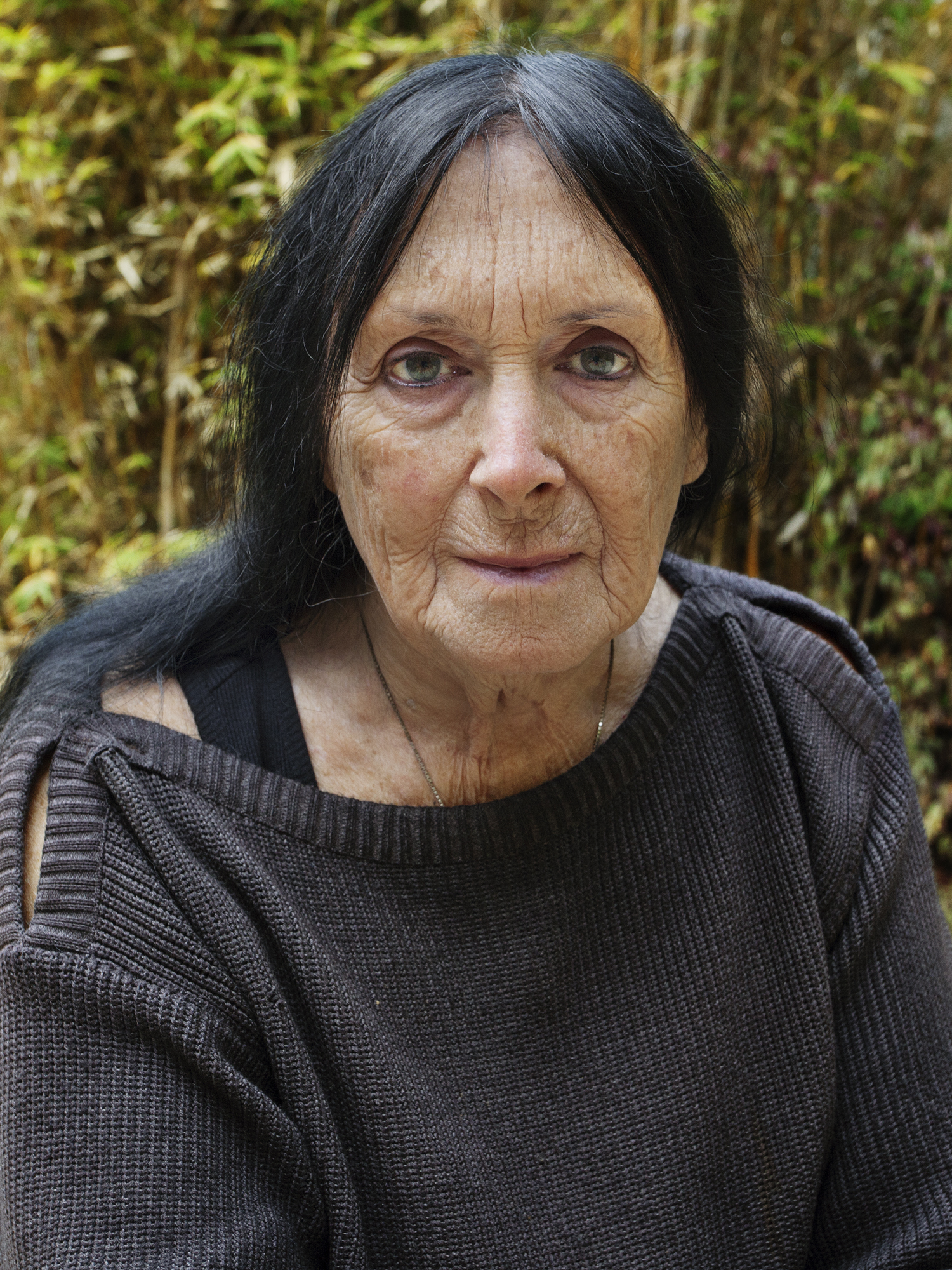 Allucquére Rosanne Stone
Arts, Education, Humanities
1936
New Jersey
2024
Allucquére Rosanne Stone
Arts, Education, Humanities
1936
New Jersey
2024

Allucquére Rosanne Stone
Allucquére Rosanne Stone, also known as Sandy Stone, is an academic, media theorist, artist, audio engineer, and computer programmer. A founder of the academic discipline of transgender studies, Stone’s trailblazing work created space for trans scholars to unfold the vast spectrum of gender.
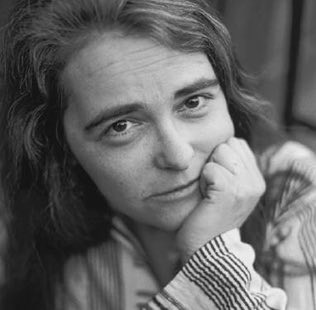 Kate Millett
Arts, Education, Humanities
1934
Minnesota
2013
Kate Millett
Arts, Education, Humanities
1934
Minnesota
2013

Kate Millett
A feminist activist, writer, visual artist, filmmaker, teacher and human rights advocate, Kate Millett has been described as one of the most influential Americans of the twentieth century. Millett began her career as an English instructor and in 1966, became the first Chair of the Education Committee of the newly formed National Organization for Women. In 1968, she authored a pioneering report published by NOW, Token Learning: A Study of Women’s Higher Education in America, in which she challenged women’s colleges to provide an equal education for women. Millett is perhaps best-known for her landmark work in feminist theory, Sexual Politics (1970). She currently serves as the Director of the Millett Center for the Arts, a creative work space that provides artist in residence accommodation and studio facilities to women artists from around the world.
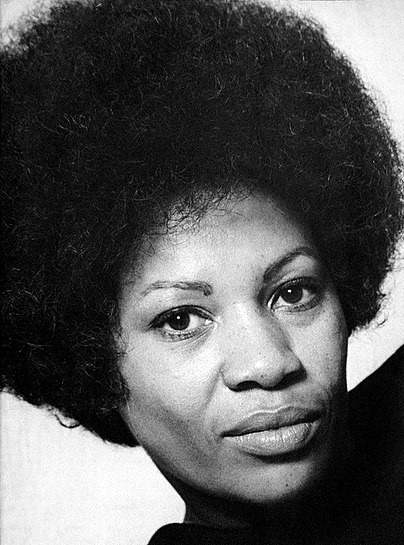 Toni Morrison
Arts, Humanities
1931
2020
Toni Morrison
Arts, Humanities
1931
2020

Toni Morrison
An author and book editor who fostered a new generation of Black writers. Morrison has been unapologetic about her focus on Black people’s experiences, and the power with which she has brought this focus.
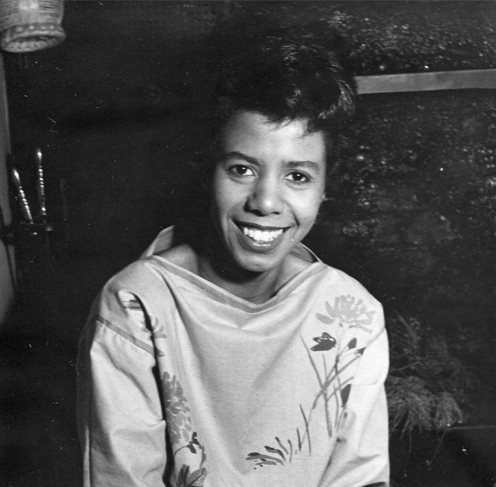 Lorraine Hansberry
Arts, Humanities
1930
Illinois
2017
Lorraine Hansberry
Arts, Humanities
1930
Illinois
2017

Lorraine Hansberry
A groundbreaking playwright and essayist best known as the author of A Raisin in the Sun, which ensured a place for the Black experience in American theatre. She was the first Black woman to have a show produced on Broadway, the first Black playwright and the youngest American to receive the prestigious New York Drama Critics’ Circle Award for Best American Play, and the first Black American to win the distinguished Drama Desk Award.
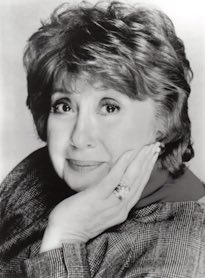 Beverly Sills
Arts
1929
New York
1998
Beverly Sills
Arts
1929
New York
1998

Beverly Sills
Acclaimed Soprano who became the first woman General Director and then President of the New York City Opera, and later first woman chair of the Lincoln Center for the Performing Arts, guiding the Center to become one of the nation’s most important institutions. She was not only directly responsible for the discovery and launch of many young performers, but was also actively involved in a myriad of humane works, including the National Victim Center and (as National Chair) the March of Dimes Mothers March on Birth Defects.
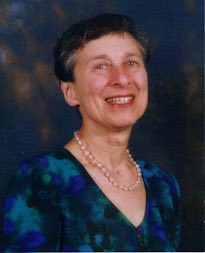 Barbara Holdridge
Arts, Business
1929
New York
2001
Barbara Holdridge
Arts, Business
1929
New York
2001

Barbara Holdridge
Barbara Holdridge is the co-founder of Caedmon Records, the first commercially successful project to record and distribute the works of living authors as well as recordings of past literary works by distinguished actors.
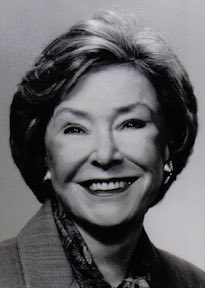 Joan Ganz Cooney
Arts, Business, Education
1929
Arizona
1998
Joan Ganz Cooney
Arts, Business, Education
1929
Arizona
1998

Joan Ganz Cooney
Founder of the Children’s Television Workshop for Public Television and creator of Sesame Street. Cooney created a study for the Carnegie Corporation on the possible use of television for preschool education. Acting on her own findings, she solicited funds to develop a program for television. For this, she was the winner of the Emmy and Peabody Awards, along with other honors.
 Maya Angelou
Arts
1928
Missouri
1998
Maya Angelou
Arts
1928
Missouri
1998

Maya Angelou
Poet, author and early Civil Rights advocate. Angelou’s early career was in the theater, and she co-wrote Cabaret for Freedom to raise funds for the Southern Christian Leadership Conference, for which she later became northern coordinator. She raised social consciousness through writings such as I Know Why the Caged Bird Sings and The Heart of a Woman. She was a nominee for a Tony, an Emmy, and a Pulitzer Prize.
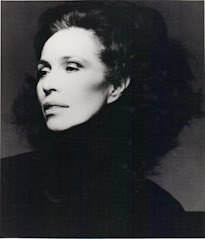 Maria Tallchief
Arts
1925
Oklahoma
1996
Maria Tallchief
Arts
1925
Oklahoma
1996

Maria Tallchief
Prima ballerina with the New York City Ballet and artistic director for the Lyric Opera Ballet in Chicago. Tallchief created a distinctive style and interpretation which continues to influence contemporary ballet. She used her international acclaim to bring about greater understanding and appreciation of Native Americans.
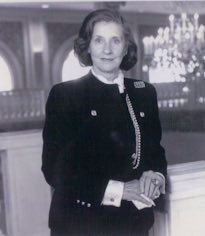 Wilhelmina Cole Holladay
Arts, Business, Philanthropy
1922
1996
Wilhelmina Cole Holladay
Arts, Business, Philanthropy
1922
1996

Wilhelmina Cole Holladay
Founder of the National Museum of Women in the Arts in Washington, D.C., which brings national and international attention to the vast achievements of women in art.
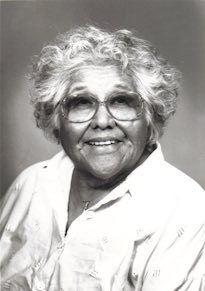 Katherine Siva Saubel
Arts, Education, Humanities
1920
California
1993
Katherine Siva Saubel
Arts, Education, Humanities
1920
California
1993

Katherine Siva Saubel
Founder of the Malki Museum at the Morongo Reservation in California. Born on a reservation in great poverty, Saubel became determined to preserve her tribe’s culture and language, despite overwhelming odds. A learned ethno anthropologist, Saubel was a founder of this first museum run by Native Americans.
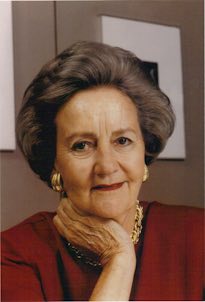 Katharine Graham
Arts, Business
1917
New York
2002
Katharine Graham
Arts, Business
1917
New York
2002

Katharine Graham
As publisher and then Board Chair and CEO of the Washington Post, Graham became one of the most influential women in the country. Her courageous decisions to publish the Pentagon Papers and to proceed with the Watergate investigation earned her a reputation as a daring and thorough journalist, willing to take risks in order to give the American people full access to important information.
